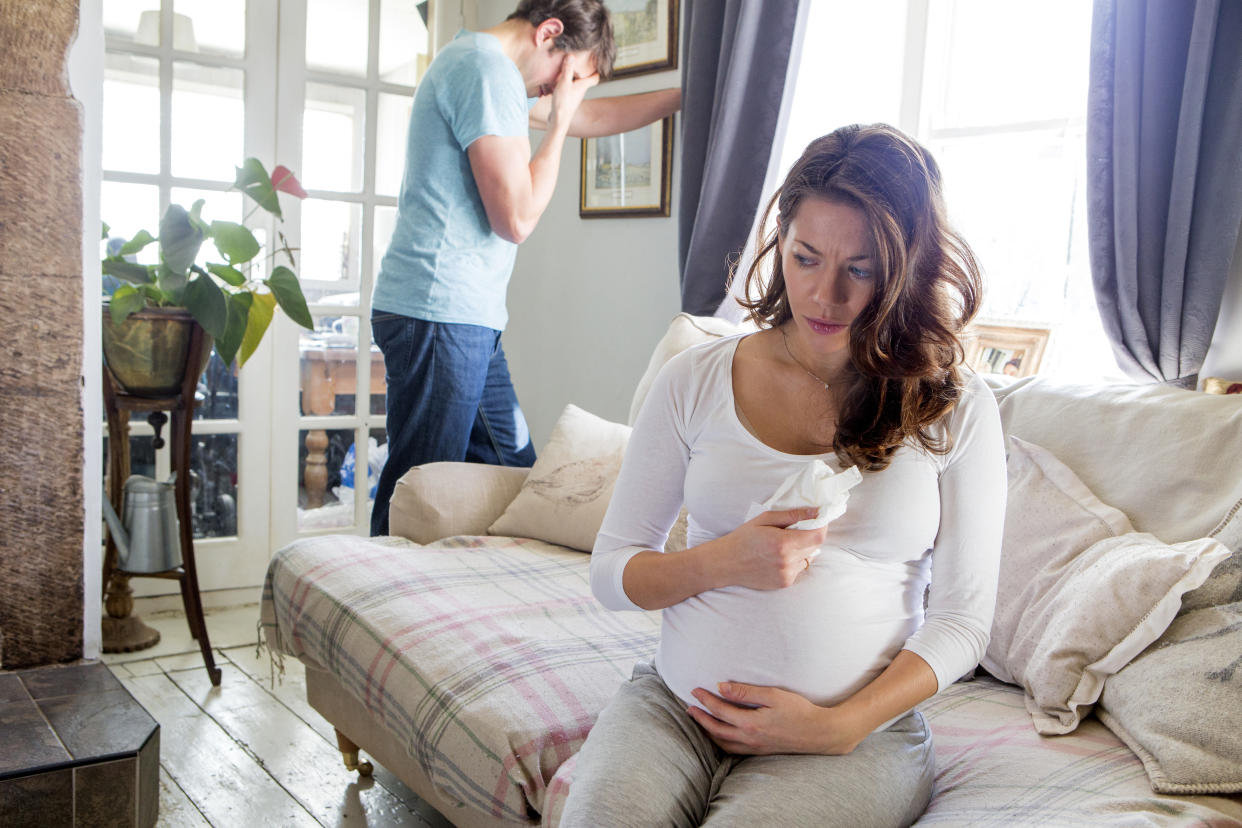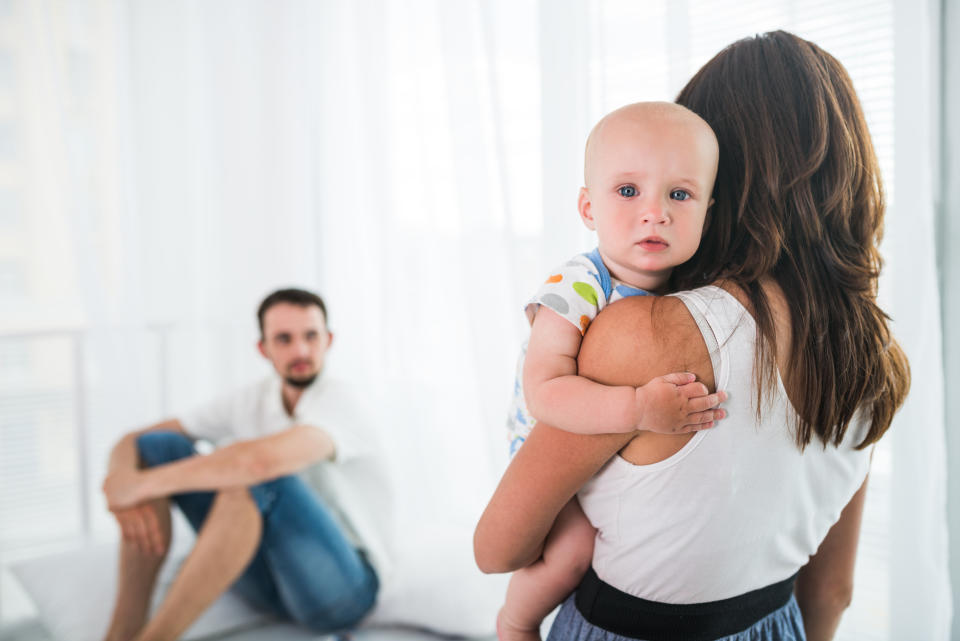Stress during pregnancy linked to child's early years behaviour

Researchers have discovered a link between an expectant couple’s emotional state before and after their baby is born - and the child’s own behaviour during their early years.
Research, that analysed 438 first-time parents and was published in the journal ‘Development and Psychopathology’, found that mums who suffered from prenatal stress and anxiety while pregnant were more likely to see their child experience temper tantrums, restlessness and spitefulness.
If the parents argued a lot after a child was born, it meant the child was likely to experience emotional problems – worry, unhappiness, tearfulness, being scared easily and being clingy in new situations – by the age of two.
Those polled reported on their anxiety and depression symptoms in the third trimester of pregnancy and when their child was four, 14 and 24 years of age.
READ MORE: Dads are losing friends when becoming a father, study reveals
They also completed questionnaires which asked about their relationship as well as their child’s emotions and behaviour.

More research into how dads cope during pregnancy needed
It’s thought to be the first study to track parents over an extended period of time, and to track the effects parents’ wellbeing had on children in the early years of their life.
It’s not just mothers affected by a traumatic pregnancy – fathers are affected too, found a linked study, published in the journal Archives of Women's Mental Health last month, which found fathers share in traumatic memories of their partner’s birth more than previously acknowledged.
READ MORE: Parents can't decide how much tooth fairy money to give children
“For too long, the experiences of first-time dads has either been side-lined or treated in isolation from that of mums,” says lead author Professor Claire Hughes, of Cambridge's Centre for Family Research.
“This needs to change because difficulties in children's early relationships with both mothers and fathers can have long-term effects.
“We have already shared our findings with the National Childbirth Trust and we encourage the NHS and other organisations to reconsider the support they offer.”
Hughes adds: “There has been an assumption that it's really difficult to get dads involved in research like this”
“But our study draws on a relatively large sample and is unique because both parents answered the same questions at every stage, which enabled us to make direct comparisons.”
The study’s co-author, Dr Sarah Foley, suggests more support is needed for both mums and dads.
READ MORE: At what age should children be left home alone?
“What both studies show is that we need to make antenatal support much more inclusive and give first-time mums and dads the tools they need to communicate with each other and better prepare them for this major transition,” she says.



